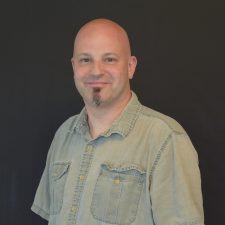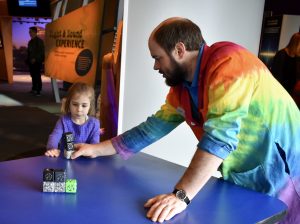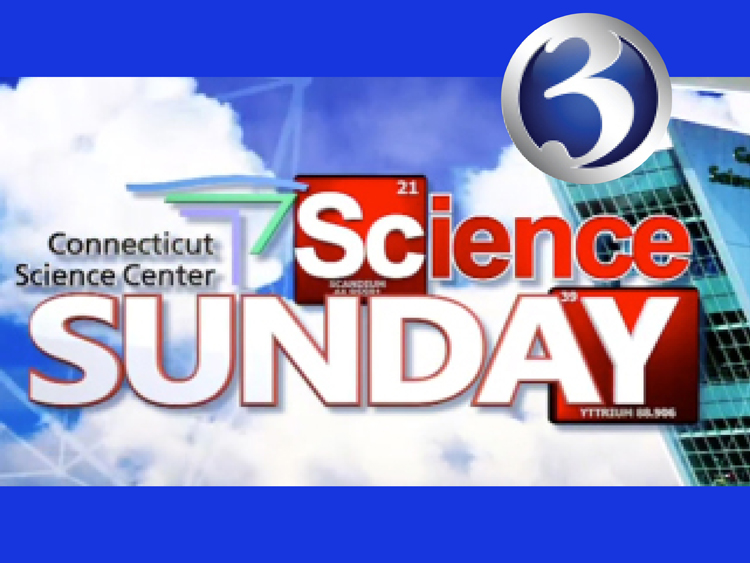June is Pride Month so we wanted to highlight the work of an LGBTQ+ scientist for this edition of Science At Play. Alan Turing was a computer scientist and mathematician in the early 1900s. He came up with a lot of the things we still use in computer science today. Alan Turing’s legacy shows the importance of inclusion of all people in STEM. Without him and other LGBTQ+ scientists, we would be missing out on a lot of scientific discoveries that have happened in the past and are still yet to come.
Now, what is the Turing Test exactly? And how can you use something as simple as texting on your phone to test it out at home? We are here to answer all of those questions for you. Watch the full Science At Play segment below to learn more.
If you try any of these experiments, we want to see them. Share your pictures and videos with us by using the #ScienceAtPlay and tagging @CTScienceCenter.
This content was made possible in part by the Institute of Museum and Library Services.

Andrew Fotta is a STEM educator at the Connecticut Science Center. He has currently holds a CT teaching certification for grades K-6, and has spent time in the classroom in nearly all grades, and taught middle school science. In addition to teaching classes for the Science Center, Andrew is also part of a team of educators currently creating new programs aligned with the new Next Generation Science Standards for grades PreK-9. Andrew is an avid photographer, who enjoys blending science and art in his work.



